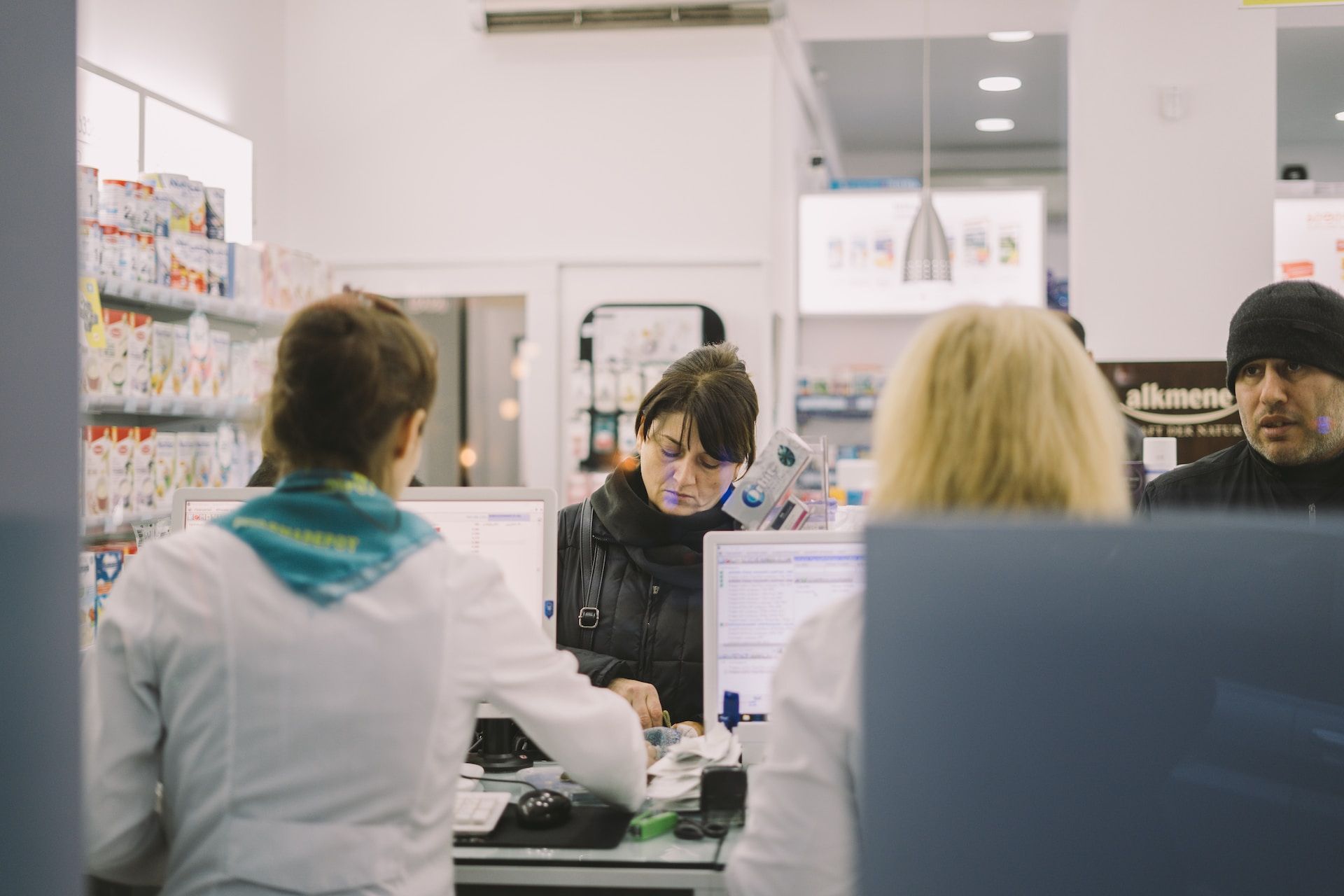Bodycams for Retail Security: Remedy or Red Herring?

It seems that not a day goes by without another article on increased violence and theft being seen on Britain’s shop floors. Earlier this year, while a petition from the supermarket giant Tesco called for improved legal protections for shop workers, the Co-op shared some stark figures on theft and anti-social behaviour in an article in the Retail Gazette*.
So far in 2023, the supermarket has reported over 300,000 incidents in their stores, including almost 3,000 occasions where ‘specialist teams’ had detained serious offenders. A key challenge cited by the Co-op was that the Police (already stretched) simply weren’t available 76% of the time.
While the Government talks about its new Retail Crime Action Plan, the truth is there is a very real problem on the ground now. So, how to deal with it? One strategy being implemented by increasing numbers of retailers is bodycams for staff.
Safety, deterring theft and improved customer experience are the oft cited drivers behind the increase in bodycam usage. In a recent Sky News* interview, Ryan McDonnell, Lidl GB’s CEO said:
"Safety and security has always been an absolute priority for us. While our stores are typically safe environments, retail crime is something that is impacting the whole industry. Our investment into ensuring all our stores have body-worn cameras is just one of the ways we're taking action to protect and provide reassurance to our colleagues and customers."
While bodycams are already widely used by security services and the Police, their use is guided by policy frameworks and extensive training designed to protect the user and the possible perpetrator. In the same way, retailers need to make sure that they have the policies and training in place to support their staff.
3 Benefits of Using Bodycams in Retail
1 - Enhanced Security
Visible bodycams act as a deterrent against theft simply by being there. Their presence serves as a visual reminder to potential wrongdoers that their actions will be recorded. The goal is to thereby significantly reduce instances of shoplifting, conflict and aggression and other anti-social behaviour The footage captured by these devices can also serve as crucial evidence in investigations, aiding law enforcement.
2 - Employee Safety
Retail staff often face challenging situations that can compromise their safety. Bodycams offer a sense of security to employees by providing a recorded account of any incidents or altercations that occur while on duty. This footage can serve as documentation for legal purposes and may de-escalate conflicts, promoting a safer work environment.
3 - Improved Customer Service
The use of bodycams encourages employees to adhere to professional standards and best practice when interacting with customers. Knowing they are being recorded, employees are more likely to offer courteous and efficient service, which enhances the overall customer experience and may de-escalate aggressive individuals. In instances of disputes or complaints, recorded footage can provide a clear depiction of interactions, aiding in conflict resolution.
The Challenges of Bodycam Use for Businesses
Employee Safety
Simply wearing a bodycam isn’t enough. As rail and police staff will testify, the existence of a bodycam can sometimes result in escalating, rather than de-escalating conflict, putting the person wearing the bodycam at risk. To keep staff safe, they need training in conflict management, recognising and managing their own behaviour and also in what they can do and say legally.
It is not a silver bullet. Mostly it will prevent an attack, but if someone does react to the cameras violently, the chances are they would have done so if confronted, regardless of the camera being present or not.
Staff also need to understand the things they can say to support themselves before using self-defence, and where and how to stand to capture best evidence when an incident occurs. Violent confrontations are fluid, aggression boils over quickly but the trained eye can pick up the signs of escalation and prevent violence occurring .
Privacy Concerns
While bodycams offer increased security, they also raise privacy concerns. Customers and employees may feel uncomfortable being recorded without their explicit consent, leading to potential legal and ethical challenges. Striking a balance between surveillance for security purposes and respecting individual privacy is a complex task that retailers must navigate.
Costs & Infrastructure
Implementing bodycam systems across retail chains involves substantial costs. Smaller retailers, in particular, may find the initial investment prohibitive. But the question is, what price the safety of staff?
Training & Compliance
Proper training for employees on the appropriate use of bodycams and compliance with privacy regulations is essential. Ensuring that staff understand the protocols for using these devices and adheres to both the law and company policies is critical. Failure to do so can lead to misuse or legal ramifications.
It is no good giving staff cameras and hoping that by pure osmosis the violence or criminality will stop. There needs to be support from a coherent strategy that includes company management, staff, the courts and most of all, by government.
While bodycams can have both a preventative and evidential benefit for company, surveillance devices cannot cure an individual’s personal problems or the socio-economic factors that have hit many communities. As a consequence, businesses need to ensure that the right policies, procedures and training are in place not just to protect all staff but the community too.
Cameras are a great tool, they can provide a shield wall against violence and abuse if, and only if, the wearers know what they are doing, and the product captured by the camera is used in a coherent manner to deter and punish offenders. Otherwise, the offenders will come to realise that it is no more than a ‘neighbourhood watch’ sticker in a window!
Further information:
Top 2 Percent are leading providers of security training and conflict management for public and private organisations, including the UK’s Community Safety Accreditation Scheme (CSAS) which trains employees on how to manage criminality and anti-social behaviour within the law, alongside the Police. Contact us for more information on +44 (0)1227 202 244 or click here to request more information.
*Sources:
